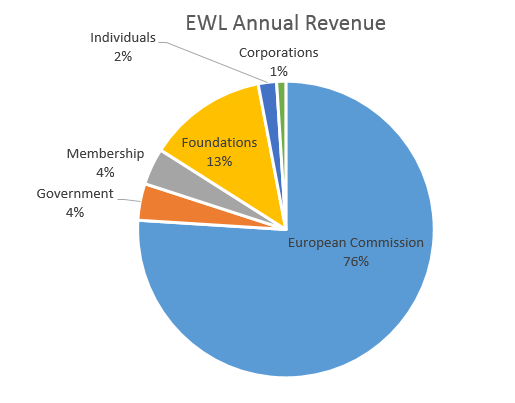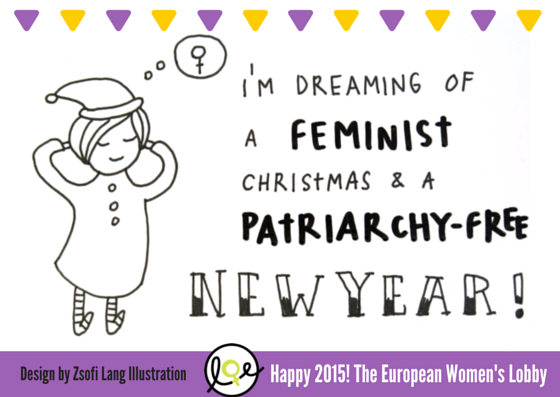(Brussels, 30 May 2013) The EWL welcomed the Commission’s call for contribution to the consultation on FGM. The EWL would like to thank four members, namely the African Women’s Organisation (Austria), ENGENDER (United Kingdom), AkiDwA organisation (Ireland) and Foreningen mod Pigeomskæring (Danish Association against Female Genital Mutilation), for their expertise on the subject which enabled the EWL to highlight the main obstacles, problems and needs faced by women victims of FGM.
The EWL has called for concrete action at European level from the European institutions to initiate plans to end male VAW, main obstacle to gender equality. When including all forms of male VAW, 45% of all women in Europe have been subjected to and suffered from men’s violence (Council of Europe, 2009). It is essential in this regard that the measures delivered by the European Union to improve the rights, support and protection of victims of violent crimes take into account and integrate the gender dimension of the specific forms of crime and violence that constitute male violence against women.
FGM is a problem present in most EU countries, concerning 500,000 women subjected to the practice and 180,000 girls and women at risk of undergoing it every year in the EU (EP Resolution of 24 March 2009). FGM is a form of violence against women and a violation of women’s human rights which runs in direct opposition to EU principle of equality between women and men. EWL is therefore calling Commission to provide a policy framework to combat FGM within a comprehensive policy framework addressing all forms of VAW!
To improve knowledge about FGM in the EU, we need a collection of qualitative and quantitative data.
To raise awareness, we need to address: practicing communities, general public and professionals from health, police and judiciary, social work, education and immigration fields
- The message should provide a non-prejudicial understanding of different types of FGM, health risks related to the practice and alternatives ensuring the well-being of women’s and girls from the practicing communities.
To combat FGM we need :
- Gender equality protection by a comprehensive Strategy on Equality between women and men and a coherent policy framework addressing all forms of VAW, including FGM.
- Ratification of the Istanbul Convention by all member states and the by the EU itself
- Criminal prosecution for FGM ensured by the cooperation between EU agencies with a special attention paid to the phenomenon of “holiday FGM”.
- Effective implementation of the Victims’ Rights Directive, including the right to access FGM victim support services and training of professionals in contact with victims.
- Recognition of FGM as a ground for refugee status in all member states
To support and promote the awareness raising we need:
- Financial and political support for the involvement of influential community and religious leaders, role models of women from practicing communities, who escaped the practice and have happy and healthy families, and FGM survivors sharing their stories and experiences of the practice.


